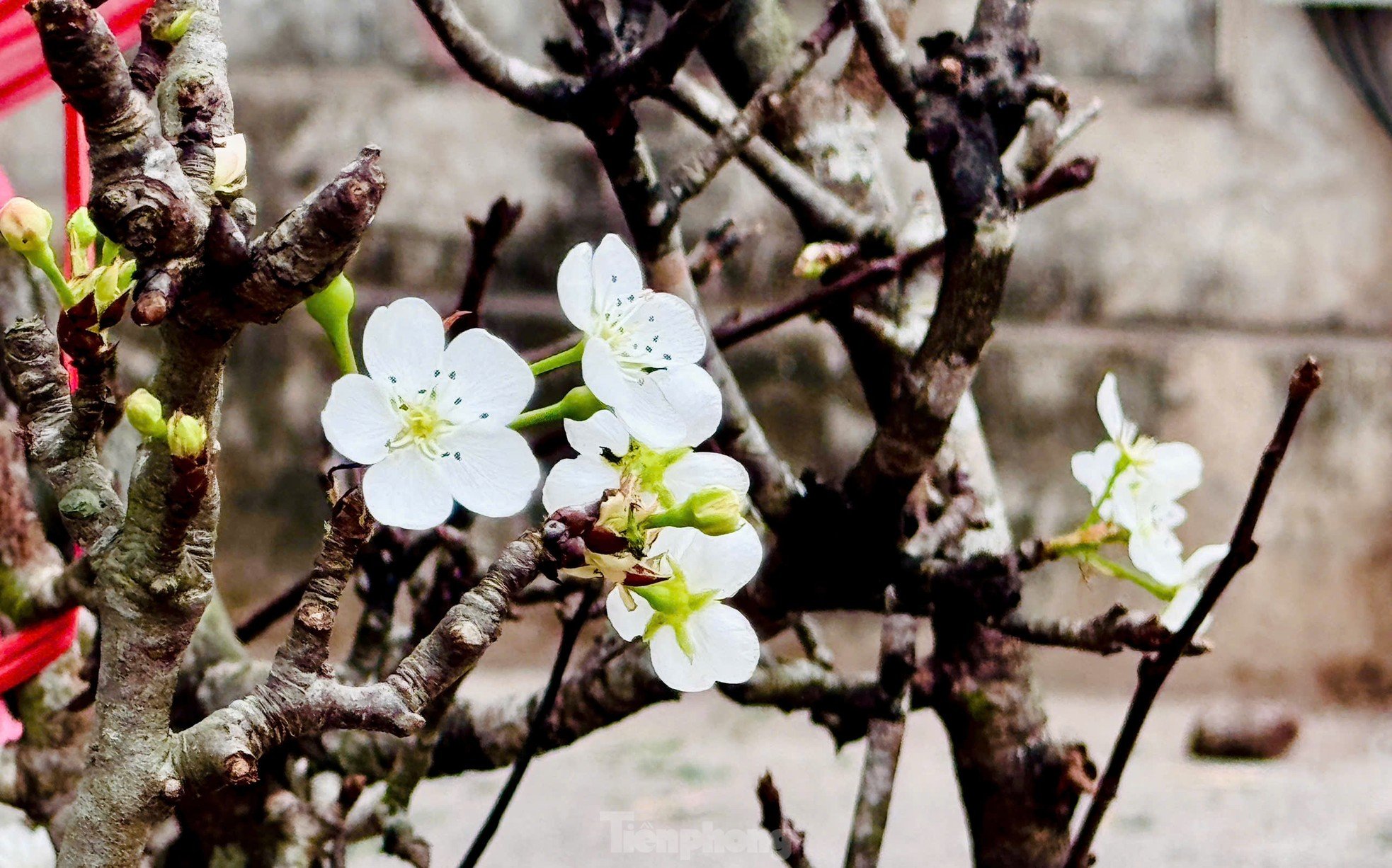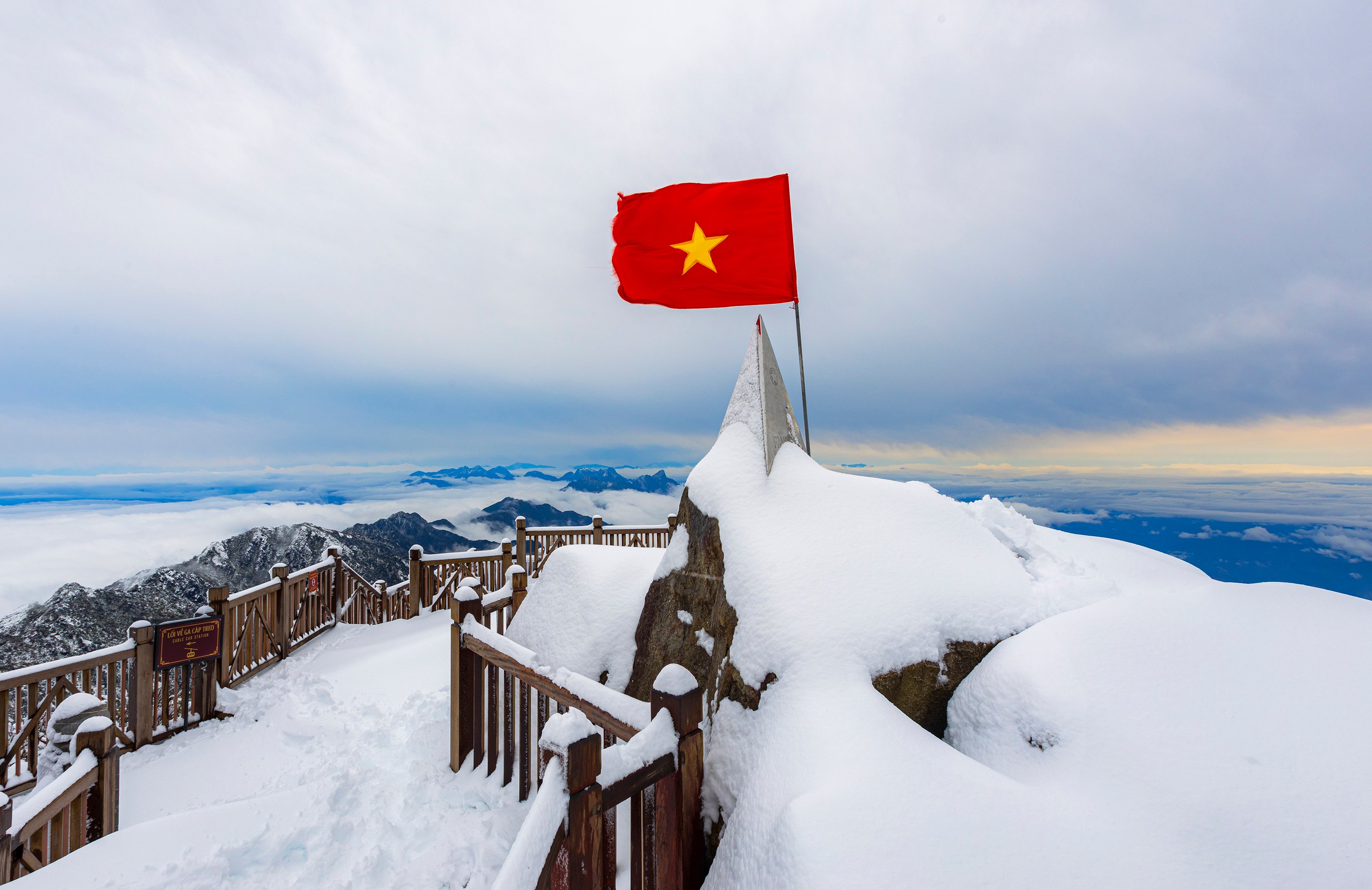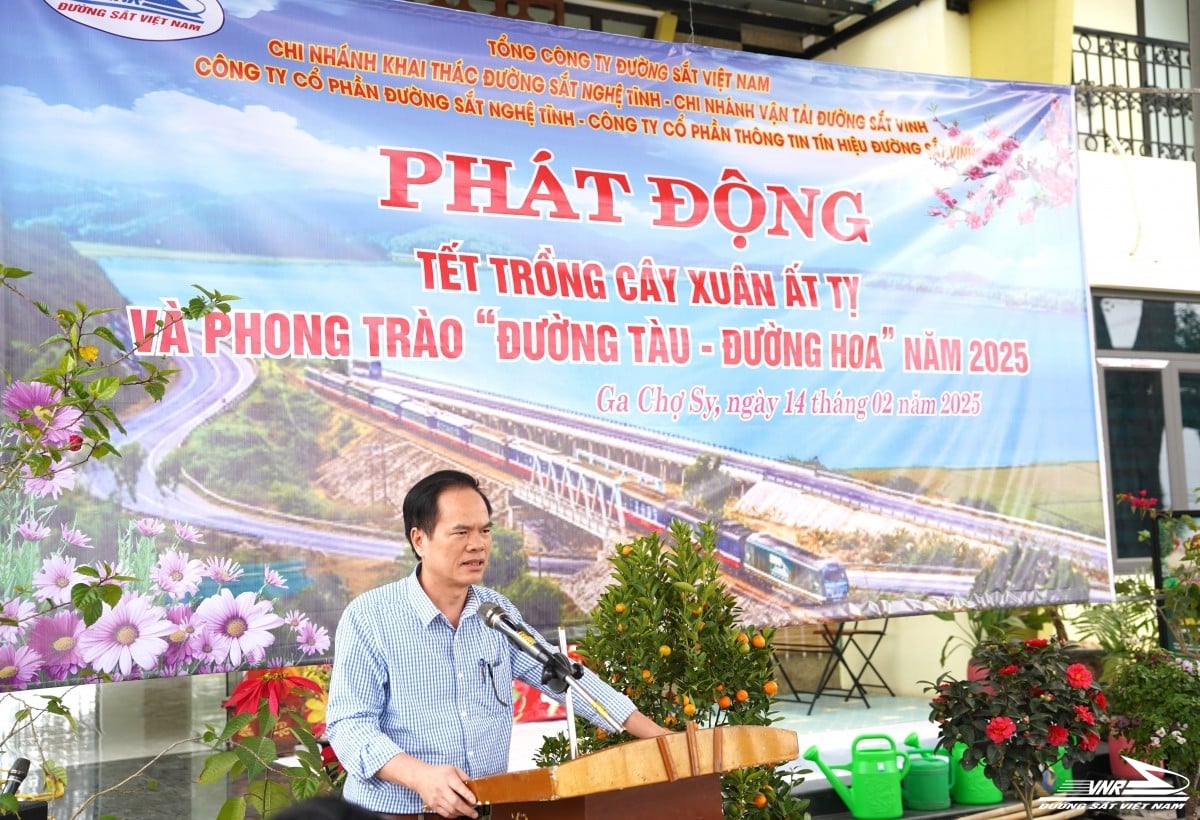
Rowing on Tri An Lake is a popular activity among young people.
However, it is worth mentioning that there are still many problems that need to be overcome, such as the situation of spontaneous tourism business activities around Tri An Lake which is quite vibrant. These activities directly affect the ecological environment and aquatic resources in the semi-flooded area. Along with the spontaneous tourism activities of households developing quite rapidly, there is a risk of losing safety and security in the locality. Although the authorities have repeatedly reminded and requested the establishments to dismantle themselves, violations still occur. Especially the situation of tents being set up on the lakeside, semi-flooded land of Tri An Lake. Many areas also have solid structures made of concrete and steel. Tourism services such as: renting camping sites, SUP, stand-up paddle boarding, forest cycling, fishing, etc. are widely advertised. Up to now, Dong Nai province has been coordinating with Dong Nai Cultural Nature Reserve to establish a team to enforce and dismantle constructions violating the protection corridor of Tri An Hydropower Reservoir along with many solutions to make Tri An Lake a national tourist site with specific tasks such as) Propagating, disseminating, educating the law, raising awareness, sense of responsibility associated with the rights of related organizations and individuals and mobilizing the participation of related agencies and communities in the work of protecting, regenerating, restoring resources and habitats of endemic aquatic species of Tri An Lake; conserving, developing and sustainably using Tri An Lake. Building and implementing programs and projects to restore, regenerate and develop aquatic resources, especially strengthening the specific management of aquatic vehicles operating on Tri An Lake that must undergo registration and inspection procedures according to regulations. For vehicles not subject to inspection, the vehicle owner is responsible for the technical safety of the vehicle and must have full safety equipment when operating according to regulations. For vehicle owners, vehicle operators and people working on aquatic vehicles, they must strictly comply with regulations on inland waterway traffic safety and must be fully equipped with equipment to ensure safety for people and vehicles. Comply with the inspection of the Tri An Lake protection management force and other competent forces. Vehicle operators participating in activities on Tri An Lake must have a Certificate of professional competence and a certificate appropriate to the type of vehicle they operate. Do not hunt or exploit wild animals, except for scientific research purposes approved by competent state agencies; do not raise livestock, poultry, exploit or cultivate aquatic products and build works and houses, except for works serving national defense and security purposes. Along with encouraging investment, joint venture and association activities of organizations and individuals participating in ecotourism development activities on Tri An Lake and the islands, ecotourism activities must be based on the principles of sustainable economic, social and environmental development and must be approved by competent authorities as prescribed.Thu Hang




























































Comment (0)